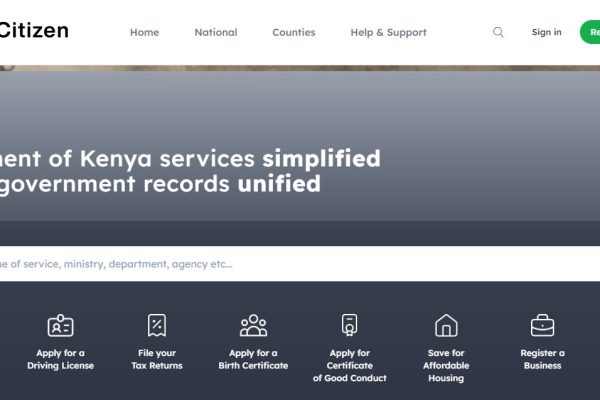In the heart of rural Kenya, where the land is fertile and the sun beats down, farmers face numerous challenges. These obstacles hinder not only their productivity but also their potential to earn a decent livelihood. Let’s delve into The Overcoming Agricultural Challenges in Kenya and explore viable solutions for a flourishing agricultural sector. Lack of Seedlings and Fertilizers: A Seeding Concern Kenyan farmers often grapple with the scarcity of quality seedlings and fertilizers. The inadequate availability of these essentials impedes the growth potential of crops, affecting yields and income. To combat this, the government and NGOs should collaborate to establish seed banks, providing farmers with easy access to high-quality seeds. Additionally, targeted subsidies for fertilizers can significantly alleviate the financial burden on small-scale farmers. Climate Change Woes: Adapting Agriculture The unpredictable shifts in weather patterns pose a substantial threat to Kenyan agriculture. Climate change brings forth challenges such as erratic rainfall and increased temperatures, disrupting traditional farming practices. Farmers need to adopt climate-smart agricultural techniques, including drought-resistant crops and efficient water management systems. Government policies should incentivize the use of environmentally friendly practices, promoting sustainability in the face of climate change. Water Scarcity in Kenyan Communities: Cultivating Solutions In many Kenyan communities, the scarcity of water is a persistent issue. Insufficient access to water resources hampers crop cultivation and leaves farmers at the mercy of unpredictable weather conditions. The implementation of rainwater harvesting systems, alongside the construction of community water reservoirs, can mitigate water scarcity. NGOs can play a pivotal role by educating communities on water conservation methods, ensuring a more sustainable water supply for agricultural activities. Battling Land Degradation: Nurturing the Earth Land degradation is a growing concern affecting Kenyan farmers. Soil erosion and nutrient depletion jeopardize the long-term fertility of the land, diminishing its capacity to support crops. Afforestation initiatives, promoting the planting of trees to prevent soil erosion, can be instrumental. Government policies should enforce sustainable land management practices, discouraging activities that contribute to degradation. Lack of Knowledge: Cultivating Expertise A significant impediment to agricultural success in rural Kenya is the lack of knowledge among farmers. Traditional farming methods may no longer suffice in the face of evolving challenges. Education and training programs, facilitated by NGOs and the government, can empower farmers with modern and efficient farming techniques. Information dissemination through local agricultural extension services can bridge the knowledge gap, equipping farmers with the skills needed for improved productivity. Conclusion: Nurturing a Thriving Agricultural Sector Transitioning from challenges to prosperity requires a collective effort. Kenyan farmers need a supportive ecosystem comprising government interventions, NGO initiatives, and their proactive engagement. By addressing issues such as seed and fertilizer availability, climate change adaptation, water scarcity, land degradation, and knowledge gaps, a resilient and productive agricultural sector can emerge, securing the livelihoods of those who till the fertile Kenyan soil. It’s time to cultivate a future where rural communities thrive through sustainable and prosperous farming practices. Some of Kenya government Agencies are:






